In this time of dark grief, I cling to the one thing I have left to hold on to: the absolute belief that this hell is not predestined. Not for us, nor for them.
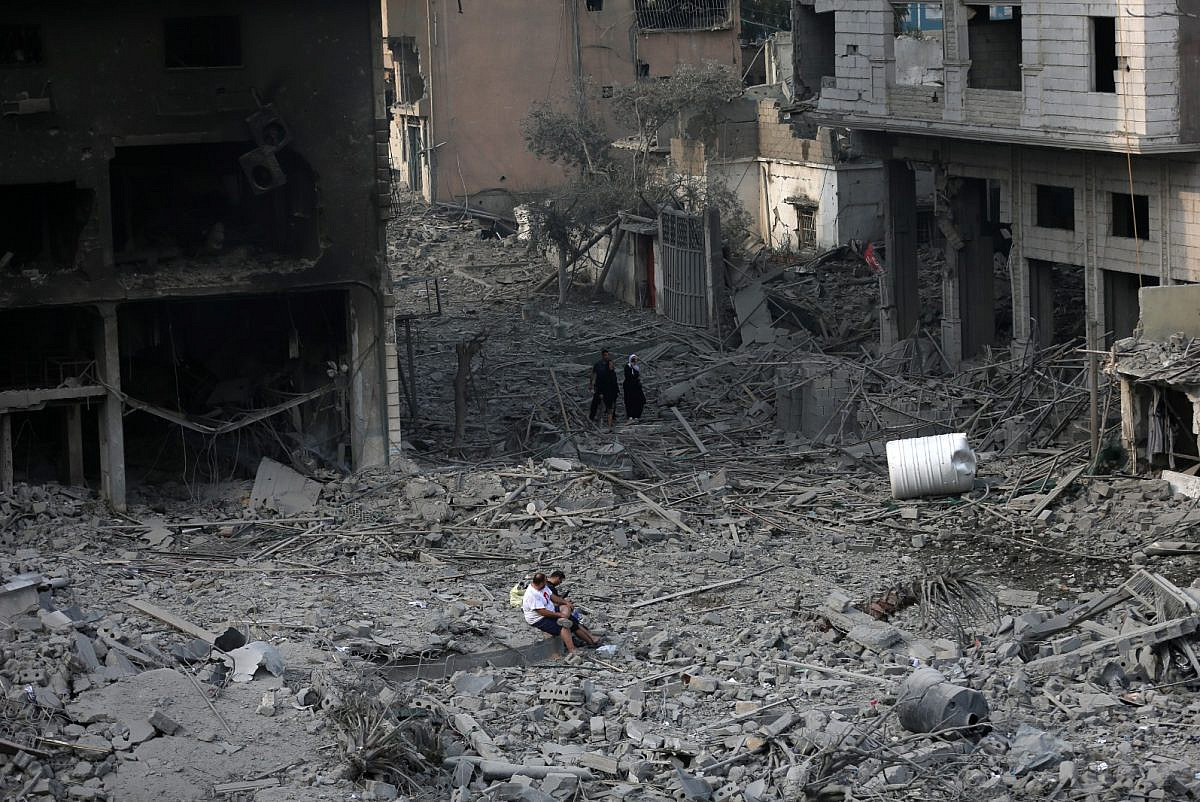 Palestinians inspect the massive destruction caused by Israeli airstrikes in Gaza City’s Al-Rimal district, October 10, 2023. (Mohammed Zaanoun)
Palestinians inspect the massive destruction caused by Israeli airstrikes in Gaza City’s Al-Rimal district, October 10, 2023. (Mohammed Zaanoun)
This article was published in collaboration with The Guardian.
It is still impossible to digest these darker-than-dark days, that began with sirens jolting us awake on Saturday morning, a day that seems endless and probably won’t end for many days to come. The thought of the abductees in the Gaza Strip is crumpling me down with pain. Every thought of them leaves a layer of terror on the skin. The images and reports of bodies strewn in every corner, of families held hostage for hours as human shields in their own homes by Hamas militants, still haunt the mind, freezing the heart.
The absolute shock caused by Hamas’s attack on southern towns has taken various forms as the hours pass: fear, helplessness, anger, and above all, a deep sense of chaos. The colossal failures of Benjamin Netanyahu’s government and the security apparatus are converging into a sense of total breakdown. The intelligence system, which surveils every aspect of Palestinians’ lives in Gaza and the West Bank, had no prior knowledge of the attack; civilians were left defenseless for many hours against Hamas militants, who trapped them in their homes and slaughtered them without military intervention – the same military tasked with protecting every settler in the West Bank at any given moment.
We are shocked at the lack of reliable information throughout the long hours when people desperately searched for missing family members and friends, flooding social networks with pictures of loved ones who had disappeared. And now we see an absence of sufficient supplies and food for the hastily drafted reserve forces sent to the frontlines against Hamas, leaving the job of organising the items they need to civilians in each city and town.
Continue:
On Sunday, Netanyahu formally declared war and now, in this moment, all of Israel is in a state of war. The missiles that landed in the heart of Tel Aviv and the shelling of northern towns have turned the entire country into a battleground, at least in the public perception.
Here in Jerusalem, we are trying to hold on to the hope that Hamas won’t launch missiles towards the city due to its proximity to al-Aqsa mosque, but the general anxiety still lingers. Schools have been closed, as have all businesses, and very few people are on the streets. Those who don’t have to, do not leave their homes. On Saturday night, after hours of anxious staring at the television and social media, my daughter was panicked by the fear that Hamas militants, armed and still inside Israeli territory, might make their way to Jerusalem and attack us in our home. Only after a thorough tour of the public shelters in the neighborhood did she calm down slightly and manage to fall asleep.
Amid this absolute chaos, Netanyahu addressed citizens late on Saturday: a hollow statement with slogans such as “we will win,” “we will strike them,” “we will annihilate terrorism.” He is a man of many slogans. He promises Israel will “take mighty vengeance” and that “the enemy will pay an unprecedented price,” suffering “return fire of a magnitude that the enemy has not known”.
That language is deliberate. For while a traumatized Israeli public is not yet ready to seek the deep political and moral reckoning this catastrophe demands, the anger already directed towards Netanyahu is palpable. A prime minister entangled in legal proceedings appointed – to suit his own political needs – people who were not only extremely hawkish but also highly unprofessional, and put them in charge of our security. Rightfully he is now seen as personally responsible. He seeks to save his own political skin, once again, by urging the Knesset to establish a national emergency government, much like the one he formed three years ago with the leader of the National Unity party, Benny Gantz, under the pretext of a coronavirus response. But even without that national emergency government being formed, the Jewish opposition in the Knesset fully supports the government’s deadly attack on Gaza. And they are not alone: many Israelis want to see the entire Gaza Strip pay an unprecedented price.
The public desire for revenge is both understandable and terrifying, but the erasure of any moral red line is always a frightening thing.
It is important not to minimize or condone the heinous crimes committed by Hamas. But it is also important to remind ourselves that everything it is inflicting on us now, we have been inflicting on the Palestinians for years. Indiscriminate firing, including at children and older people; intrusion into their homes; burning down their houses; taking hostages – not just fighters but civilians, children and older people. I keep reminding myself that ignoring this context is giving up a piece of my own humanity. Because violence devoid of any context leads to only one possible response: revenge. And I don’t want revenge from anyone. Because revenge is the opposite of security, it is the opposite of peace, it is also the opposite of justice. It is nothing but more violence.
Most read on +972
I maintain that there are crimes of abundance and there are crimes of hunger, and we have not only brought Gaza to the brink of starvation, we have brought it to a state of collapse. Always in the name of security. How much security did we get? Where will another round of revenge take us?
Terrible crimes were committed against Israelis this Saturday, crimes that the mind cannot fathom – and in this time of dark grief, I cling to the one thing I have left to hold on to: my humanity. The absolute belief that this hell is not predestined. Not for us, nor for them.
Orly Noy is an editor at Local Call, a political activist, and a translator of Farsi poetry and prose. She is the chair of B’Tselem’s executive board and an activist with the Balad political party. Her writing deals with the lines that intersect and define her identity as Mizrahi, a female leftist, a woman, a temporary migrant living inside a perpetual immigrant, and the constant dialogue between them.
Did you appreciate this article? Here’s how you can help.
We are in an unprecedented and dangerous era in Israel-Palestine. The Israeli extreme right government has made its plans crystal clear. It wants carte blanche to shoot-to-kill Palestinians on both sides of the Green Line, legalize every settlement outpost, dismantle the independence of the judicial system, deport African asylum seekers, delegitimize human rights activists, and silence the free press.
This is an escalation we all should resist. But it is not an aberration or a bug. For the past 12 years, we at +972 have been warning against the poisonous outcomes of Israeli society’s growing racism, the entrenched occupation, and an increasingly normalized siege on Gaza.
Our work has never been more crucial. And as dark as it seems, there are still glimmers of hope. The popularity of outright fascism has woken people up, both in Israel-Palestine and across the world, to the dangerous repercussions of what may soon come. Palestinians and Israelis who believe in a just future are already organizing and strategizing to put up the fight of their lives.
Can we count on your support? +972 Magazine is the leading media voice of this movement, a place where Palestinian and Israeli journalists and activists can tell their stories without censorship. Our journalism disrupts the skewed mainstream coverage and aims to promote justice and equality for everyone between the river and the sea.
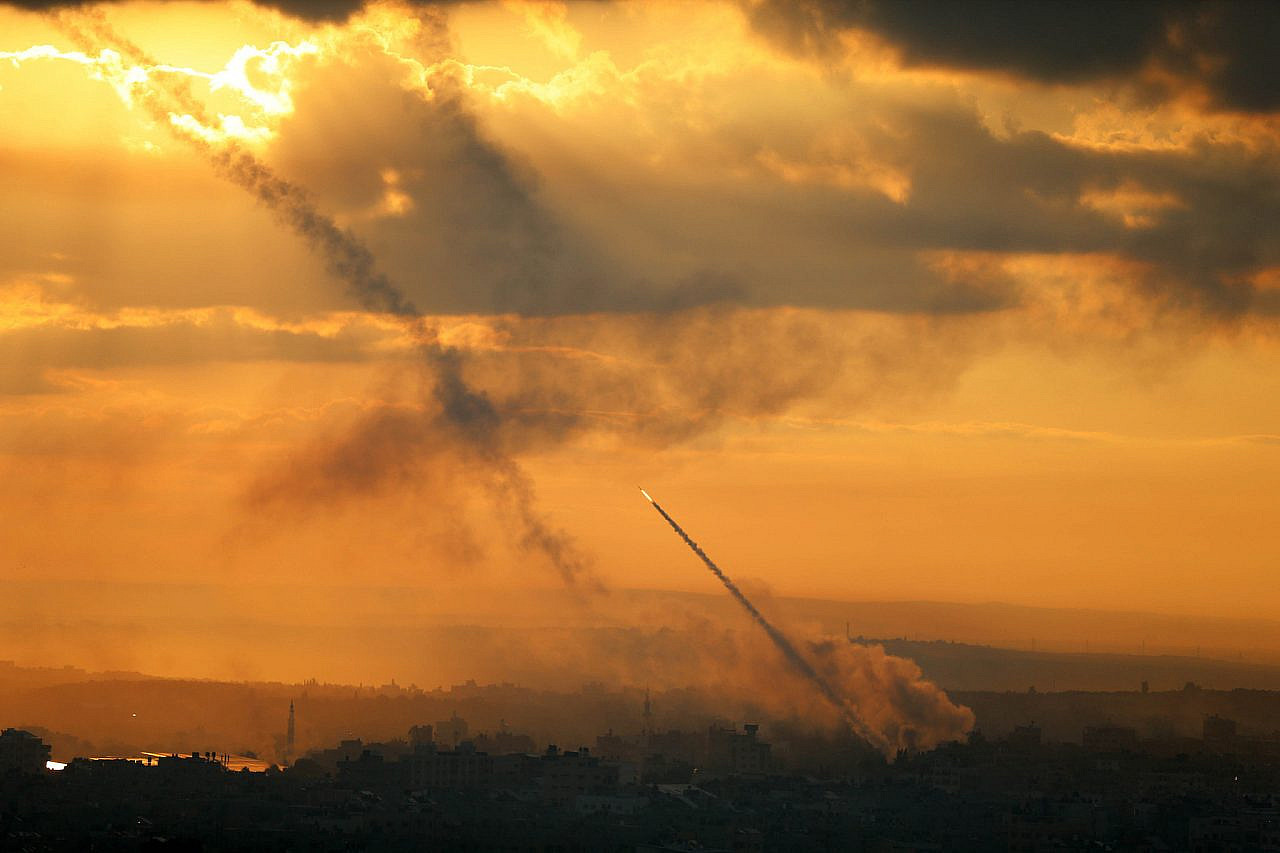
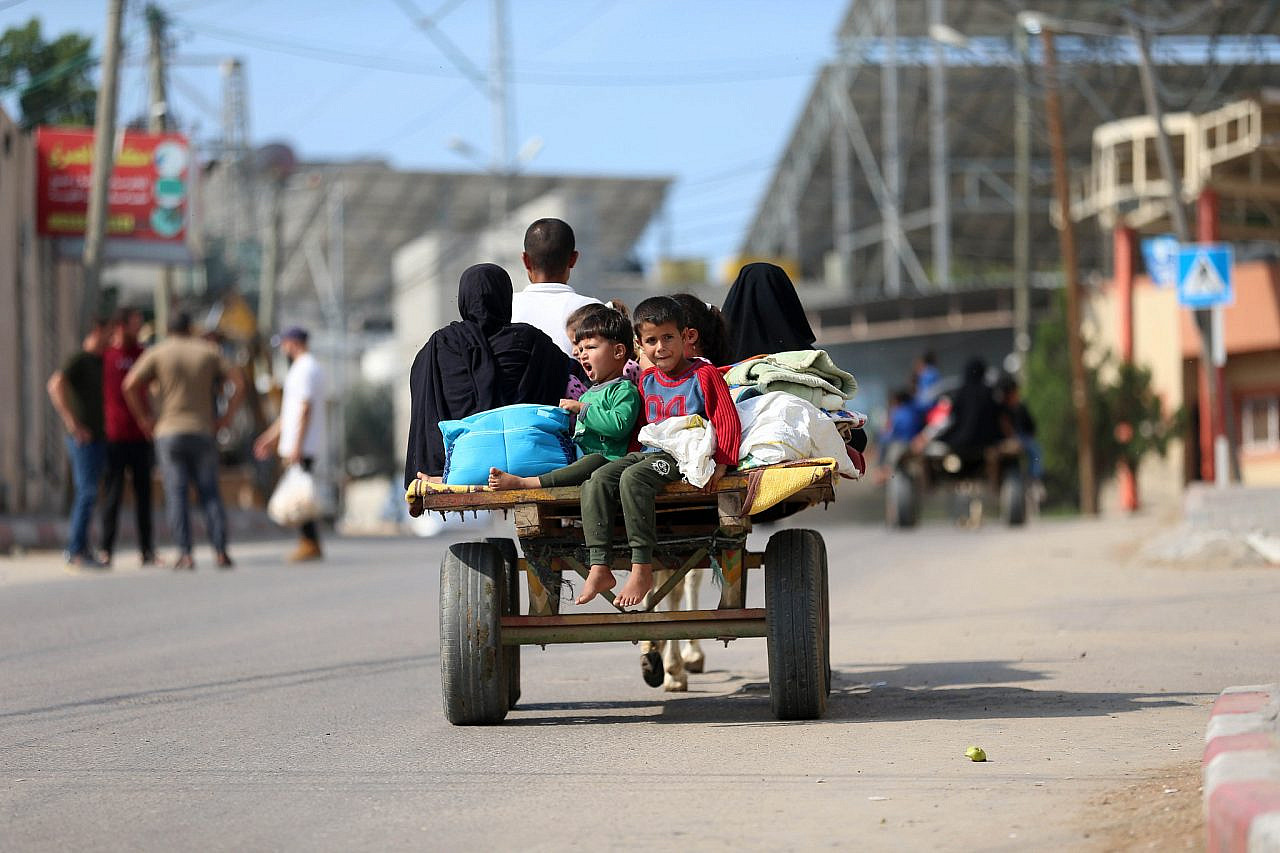
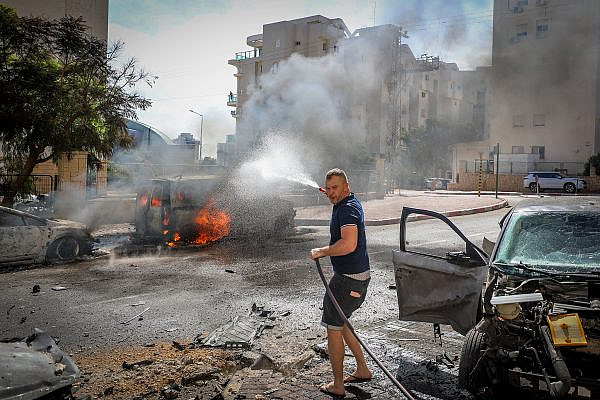
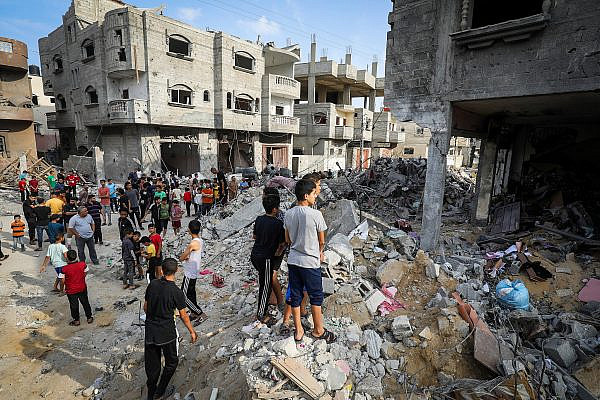
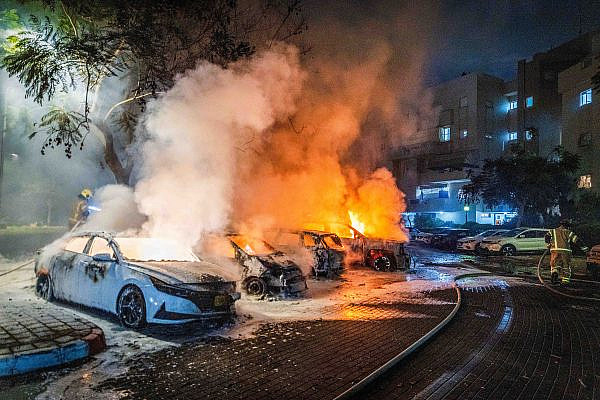

Leave a Reply
You must be logged in to post a comment.